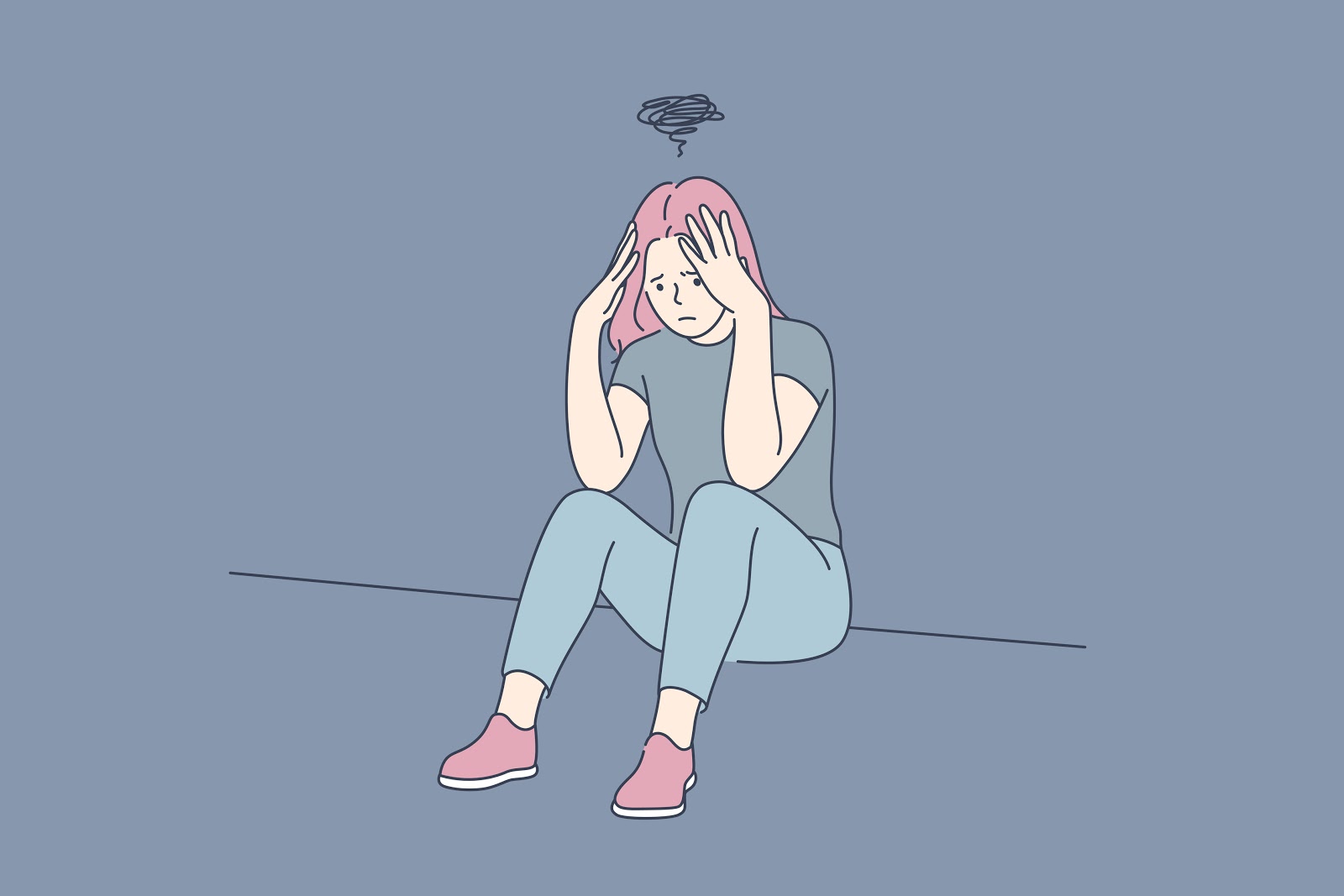- A
- A
- A
- ABC
- ABC
- ABC
- А
- А
- А
- А
- А
How to Force Yourself to Study and Work
© iStock
It can be hard to come back to your usual life routine after the winter holidays, to be effective, to do everything in time, and to maintain a work-life balance. Olga Markitnantova, psychologist at the HSE Centre for Psychological Counselling, suggests some ways to increase motivation and performance in the New Year.
Olga Markitnantova
Psychologist at the HSE Centre for Psychological Counselling
The Reason of Apathy after Long Holidays
‘Post-holiday disadaptation syndrome’ may be explained by the fact that during the winter holidays, the rhythm and schedule of our everyday life changes drastically. ‘Disadaptation’ in psychology means changes in intrapsychic processes and behaviour due to rapid changes in the individual’s environment and life conditions, which can lead to difficulties and negative experiences.
However, not everyone faces such difficulties; we may avoid them if we have a really good rest during the vacation, rather than becoming exhausted by numerous celebrations.
The winter holidays are particularly pressing in this regard: anxiety often grows in the run-up to them, because the year is coming to its end, some things that should have been done haven’t been done yet, and so many tasks lie ahead – summing up the year, buying presents, preparing for the celebration, and so on. It is also common that expectations about the number of things that can be done in the ten days of the holidays are too high.
However, the holidays may be a huge help in allowing you to take your time, have a break, relax and recharge, and spending these days in a way that you want, rather than how you feel you are supposed to or even expected to by someone else. If you want to lie in your bed – do it, if you’d rather go out with your friends – do it, if you feel like spending all day watching a TV series – do it.
The ‘post-holiday disadaptation syndrome’ may also be due to a general deficit of rest. It is rare that people have enough rest: they usually only have as much as they are able to. This may be not enough to rest sufficiently; the process of adaptation to rest has already been launched, and we have to turn against it in a moment.
A Few Recommendations
- Get back to your usual regime of sleep, nutrition and life gradually;
- Be attentive to your emotional state and distribute your workload accordingly;
- Do not set yourself huge goals and tasks for the first, and probably, for the second week after the holidays. First, do the things you like most or the ones that don’t require too big an effort;
- Don’t blame yourself and don’t expect big results from yourself; treat yourself with care and understanding.

Business and Pleasure
Techniques that help deal with procrastination may also be helpful, such as setting a schedule for the day. The schedule consists of two columns: ‘before’ and ‘after’. It may be compiled the night before or in the morning of the day.
The first column includes time intervals, with a certain activity in a couple of words. The second column is completed at the end of the day. Near the interval, you write what you did at that time, marking it with B (business) or P (pleasure) and ranging it on a 0 to 5 scale (the higher the grade, the higher the feeling of satisfaction in what you’ve done).
When you plan the day, make sure the schedule includes both things you have to do and activities that satisfy you.
Compiling such a schedule for each day and analyzing it at the end of the day will help you understand how your days work, what you spend your time on, what activities bring you the most joy, when it is easier for you to do the things you don’t want to do but have to. And based on this, you’ll be able to compile a better schedule for yourself.
What Else You Can Do to Help Yourself
Sometimes, just starting to do something is helpful, even if you seem to have absolutely no motivation for it.
The well-known technique of ‘small steps’ may help you to return to your usual working routine. Divide your tasks into small ones that are simpler to complete and complete them one after another. Praise yourself for each task performed during the day, even if it is a minor one – this will lift your spirits and serve as a motivation for further action.
It’s important to understand that the willingness to boost your performance and ‘de-hibernate’ sometimes may have the opposite effect. Fighting something (such as laziness) may take longer than expected, and your body may perceive the sudden shake-up as stress, and make the disadaption process even harder.
That’s why it is important to listen to yourself and do everything at your own pace, leaving enough time for adaptation and getting back to your usual schedule.
Alisa Plyaskina, psychologist from the Centre for Psychological Counselling (CPC) on how to deal with online learning challenges

